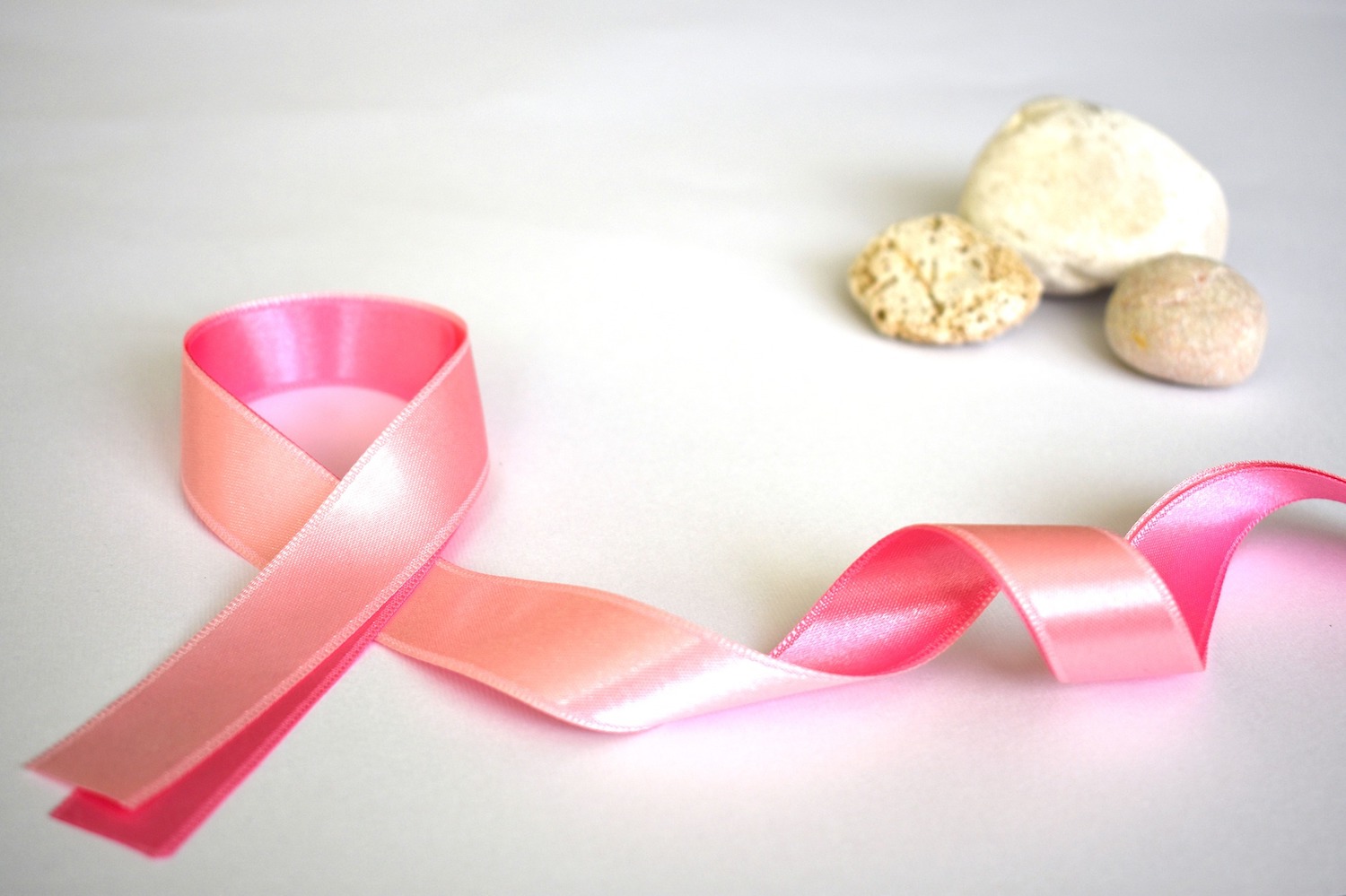It’s the moment every woman dreads: A routine breast self-examination during an otherwise relaxing shower ends in the panic-inducing discovery of a lump.
Often, what happens next is a long, harrowing journey through a combination of biopsies, surgery, chemotherapy, and radiation. While it’s true that, thanks to advancements in screening and treatment, more and more women survive breast cancer, it’s also true that 80 percent of breast cancer cases have already advanced to an invasive stage at the time of diagnosis.
Today, just 20 percent of breast cancers are identified at the earliest stage, when treatment is most effective and the five-year survivorship rate hovers near 100 percent.
Carlos Barrero, MD, and Oscar Perez-Leal, MD, assistant professors in the Pharmaceutical Sciences Department at Temple University’s School of Pharmacy, wants to change all that. “I believe we can invert those numbers so we’re discovering 80 percent of breast cancers at the very earliest stage,” he says.
The research Barrero and Perez-Leal are conducting may represent a major breakthrough in breast cancer screening. Their work could lead to a simple routine blood test that detects breast cancer sooner than ever before for more women. To do this, Barrero and Perez-Leal are working on identifying a set of biomarkers for breast cancer, a specific signature of early-stage breast cancer detectable in a blood sample.
Their work on this project received funding through the Office for the Vice President of Research’s Targeted Grant Program, and the team is currently in the process of securing additional funding from the National Institutes for Health, and the National Cancer Institute. Perez-Leal is also using the knowledge gleaned from his master’s degree from the Fox School’s Innovation Management & Entrepreneurship program to turn the idea into a feasible product.
Though mammograms are a recommended cancer screening for women age 40 and older, only 65 percent of women over 40 have had one in the past two years, according to the Centers for Disease Control.
“Many women avoid mammograms because they can be uncomfortable, and because of the hassle of needing to make a separate appointment. If screening for early-stage breast cancer became a part of routine blood work, more women would be screened regularly,” says Barrero. That would likely result in more early diagnoses, more effective treatment, and ultimately more long-term cancer survivors.
Through systems biology, advances in mass spectrometry technology that allow the detection of very low concentration of proteins and metabolites, and the availability of large public datasets from thousands of breast cancer tumors, Barrero and Perez-Leal can move this cutting-edge work forward. “Most research of this kind starts with analyzing the blood sample. We start by analyzing the data,” says Perez-Leal. It’s a fresh approach to a longstanding problem.
The researchers start by looking for specific proteins secreted by breast cancer tumor cells across many thousands of samples drawn from breast cancer tumors. The team is searching for a signature set of proteins that can be detected in very low amounts. A vast data set and formidable computing power are essential for finding the precise biomarkers that could, in five to 10 years, lead to the blood test. Recently upgraded mass spectrometry equipment at Temple’s School of Pharmacy allows him to carry out this innovative research.
The promise of this research extends even beyond the hopes of early detection into the possibility of new, more effective medicines to battle breast cancer. Going forward, biomarkers are likely to be an increasingly hot topic for those in the pharmaceutical industry, which represents a significant part of the U.S. economy. Biomarkers such as these are often used as a reference point in drug development; when the biomarkers diminish or disappear in blood tests, it’s evidence that the new drug is working.
Current treatments for breast cancer are effective, but they come with their own health risks and side effects, some of which lead to different health challenges years after patients have recovered from cancer. The identification of these biomarkers would also mean that, in addition to early intervention, a breast cancer patient could get a form of personalized medicine, which is another area of potential business growth for the pharmaceutical industry. For patients, that might mean fewer side effects and complications down the line.
“It’s rare to find a scientist with a business background,” says Perez-Leal. He praises the Innovation Management and Entrepreneurship program with helping him take an idea, establish a business plan, and pitch to investors. “The research community should continue to focus on finding solutions and products to real problems.”
Clearly, breast cancer is a real problem, as the most common cancer among women: one in eight will face a diagnosis in her lifetime. But if Barrero and Perez-Leal succeed, it will be a game-changing advance. Many more women will be diagnosed in cancer’s earliest stages, receive more personalized treatment, overcome the disease, and lead long and healthy lives.
This story was originally published in On the Verge, the Fox School’s flagship research magazine. For more stories, visit www.fox.temple.edu/ontheverge.

